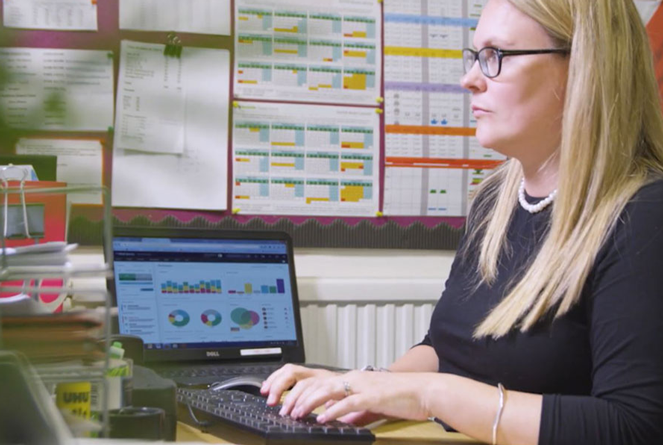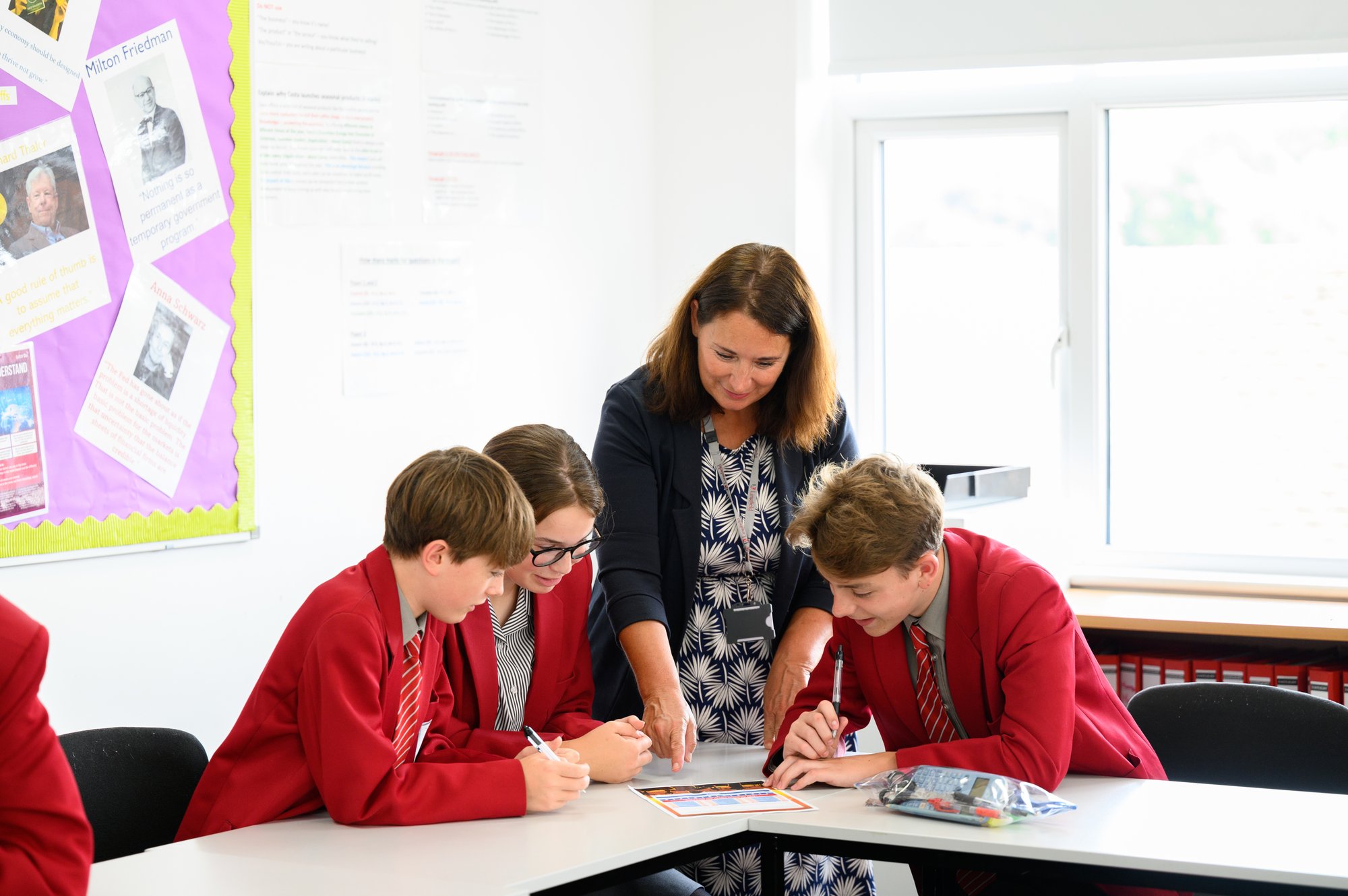Introduction
In the third of our series of blogs on The Reading Framework, Kathy Ewers, one of our Education Advisors at Juniper Education, explores what the framework says about teaching reading in English lessons and how you can encourage a positive reading culture in the classroom.
The Purpose of Reading in English Lessons
Kathy says: “Every time I read a particular sentence in the primary National Curriculum, it fills me with joy, a phrase I often weave into my training sessions. On page 14, it eloquently states:
‘Reading also feeds pupils’ imagination and opens up a treasure- house of wonder and joy for curious young minds.
The Reading Framework echoes a similar sentiment
‘Through the books and poems they encounter, through the characters and situations that they meet, and the discussion that surrounds the text, pupils have a chance to experience the excitement, wonder and fascination that can come from reading, to feel what it is like to lose themselves in a story.’
It is essential that reading lessons are well-planned and well-structured to teach pupils the skills they need. However, the aim is not just for them to be able to read but to become readers who indeed experience the excitement, wonder and fascination that books can offer. From a recent report by the National Literacy Trust (NLT), we know that just 43.5% of 8 – 18-year-olds enjoy reading in their spare time – the lowest figure ever recorded in the NLT’s annual survey. It is, therefore, essential to ensure that our teaching inspires reading – a skill which is known not only to impact significantly on educational attainment but also upon mental health and well-being.
Practical Considerations
When planning the teaching of reading, it is important to consider the following:
Make Time
It’s crucial to allocate specific time for reading instruction. This isn’t for silent reading, library visits, or shared text exploration followed by writing. This is dedicated to collectively engaging with a book, discussing and delving into its themes, connecting with characters, and focusing on the essence of reading and being a reader.
Choose the Right Texts
Choose texts that are ripe for discussion that specifically appeal to your pupils. Texts should engage pupils cognitively and emotionally, drawing them in so they empathise with key characters and imagine themselves in the story. Over the academic year, a range of texts, including poetry and plays, should be explored – classic and contemporary, adventure and mystery, myths, legends and more. The aim is to capture pupil’s interest through authors and genres they are familiar with and enjoy and to introduce them to books they may not choose.
Inspiration Through Book Awards
Celebrating different children’s books through Book Awards is a great way to keep up with new publications. Take the Juniper Book Awards, for example; our annual awards are aimed at primary pupils aged 10+ and secondary students in Years 7-9, which have been designed to inspire reading for pleasure. You can also find a comprehensive list of other Children’s Literature Awards.
Elements of Reading in English Lessons
The Reading Framework identifies four key elements of a reading lesson:
• Teacher reading aloud – listening to fluent, phrased, and expressive reading gives pupils a sense of how reading should sound. It is also an opportunity for the teacher to pause and ‘think aloud’ as a reader, perhaps wondering about the meaning of a particular word, commenting on an effective description, or linking what has been read to their own experience and encouraging pupils to do the same.
• Pupils reading – could occur in pairs/small groups or individually. Pupils who need support can be paired with an able reader or work with an adult. It may be useful to provide a focus for the reading or something to reflect on for those who read more quickly. For example, as you read this chapter, jot down the events which stop Luke from getting to school on time. When you have read the poem, go back and choose the 3 words/phrases you find most effective and share them with your partner.
• Teacher modelling and explanations – this is a key element of a reading lesson. However, it is important not to overdo the modelling and explanations and thus detract from the enjoyment of, and engagement with the text. It is important to ensure that a range of aspects of reading are demonstrated, for example, prediction, use of background knowledge, vocabulary extension and inference skills.
• Questioning – the questions we ask in our reading lessons are really important. If we only ask questions involving pupils looking back at the text to find information, then they will only learn recall and retrieval skills. Whilst it is important that pupils can do this, questions need to encourage pupils to think deeply about the text, make links between paragraphs, chapters and events, elaborate on texts, and think flexibly. Often, they will be questions starting with why or how, perhaps requiring pupils to make inferences and justify them using the information they are given. The important thing, once again, is to ensure that pupils are not bombarded with so many questions that they lose track of the text they are reading or that reading becomes a comprehension exercise rather than something to be savoured and enjoyed.
Additional Support
To further explore the topic of Teaching Reading in English lessons, read Section 10 of The Reading Framework (DfE July 2023)
Juniper Education also offers a range of reading courses to help you instil a love for reading in children and help with attainment levels.
But feel free to contact our dedicated training team, training@junipereducation.org, if you want to learn more about our bespoke consultancy and other training courses available.


/Primary%20school%20.jpg?width=2000&name=Primary%20school%20.jpg)








.png?width=940&height=788&name=Lingfield%20College%20Case%20Study%20(5).png)
-1.png?width=1000&height=833&name=National%20Association%20of%20Head%20Teachers%20(3)-1.png)
-3.png?width=1080&height=1080&name=Untitled%20design%20(10)-3.png)






